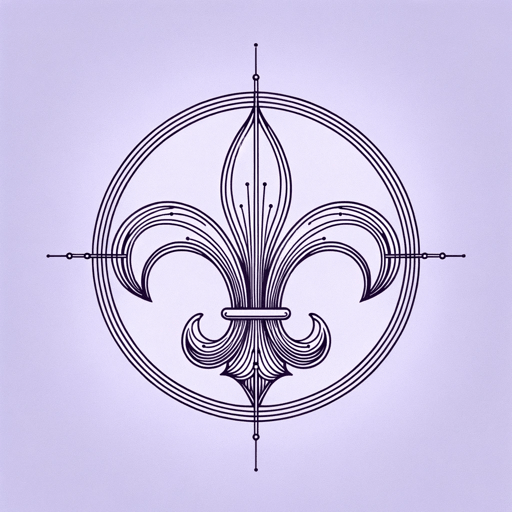70 pages • 2 hours read
Alexandre DumasThe Three Musketeers
Fiction | Novel | Adult | Published in 1844A modern alternative to SparkNotes and CliffsNotes, SuperSummary offers high-quality Study Guides with detailed chapter summaries and analysis of major themes, characters, and more.
Themes
Good and Evil
In The Three Musketeers, Dumas subverts the adventure novel’s typical straightforward approach to protagonists and antagonists.
Dumas’s version of the court of Louis XIII is a murky, intrigue-riven place whose influence on society is hard to categorize as either good or bad. Intended to be a centralized locus of power—both secular and religious—the court is actually so divided into factions at odds with one another that its ability to effectively govern is often compromised. While d’Artagnan’s father advises him to be extra respectful to the people who run the country, d’Artagnan soon sees that this blanket advice means little when admiration of one court figure is as like as not to incur the wrath of another. Queen Anne, who is Austrian by birth, is having an affair with the English Duke of Buckingham, an enemy of France. Because the Musketeers are our protagonists, readers accept their commitment to upholding her honor and see the lovelorn and relatively powerless queen as sympathetic. However, this forces the Musketeers to split their loyalty: They officially serve the king, whom the queen’s actions are betraying both personally and politically, especially after the queen asks her Austrian ruler brother to declare war on France.
Related Titles
By Alexandre Dumas
Featured Collections
9th-12th Grade Historical Fiction
View Collection
Action & Adventure
View Collection
Books Made into Movies
View Collection
Books that Feature the Theme of...
View Collection
Challenging Authority
View Collection
European History
View Collection
French Literature
View Collection
Historical Fiction
View Collection
Loyalty & Betrayal
View Collection
Memorial Day Reads
View Collection
Military Reads
View Collection
Power
View Collection
Revenge
View Collection
School Book List Titles
View Collection
Teams & Gangs
View Collection
The Past
View Collection
TV Shows Based on Books
View Collection



